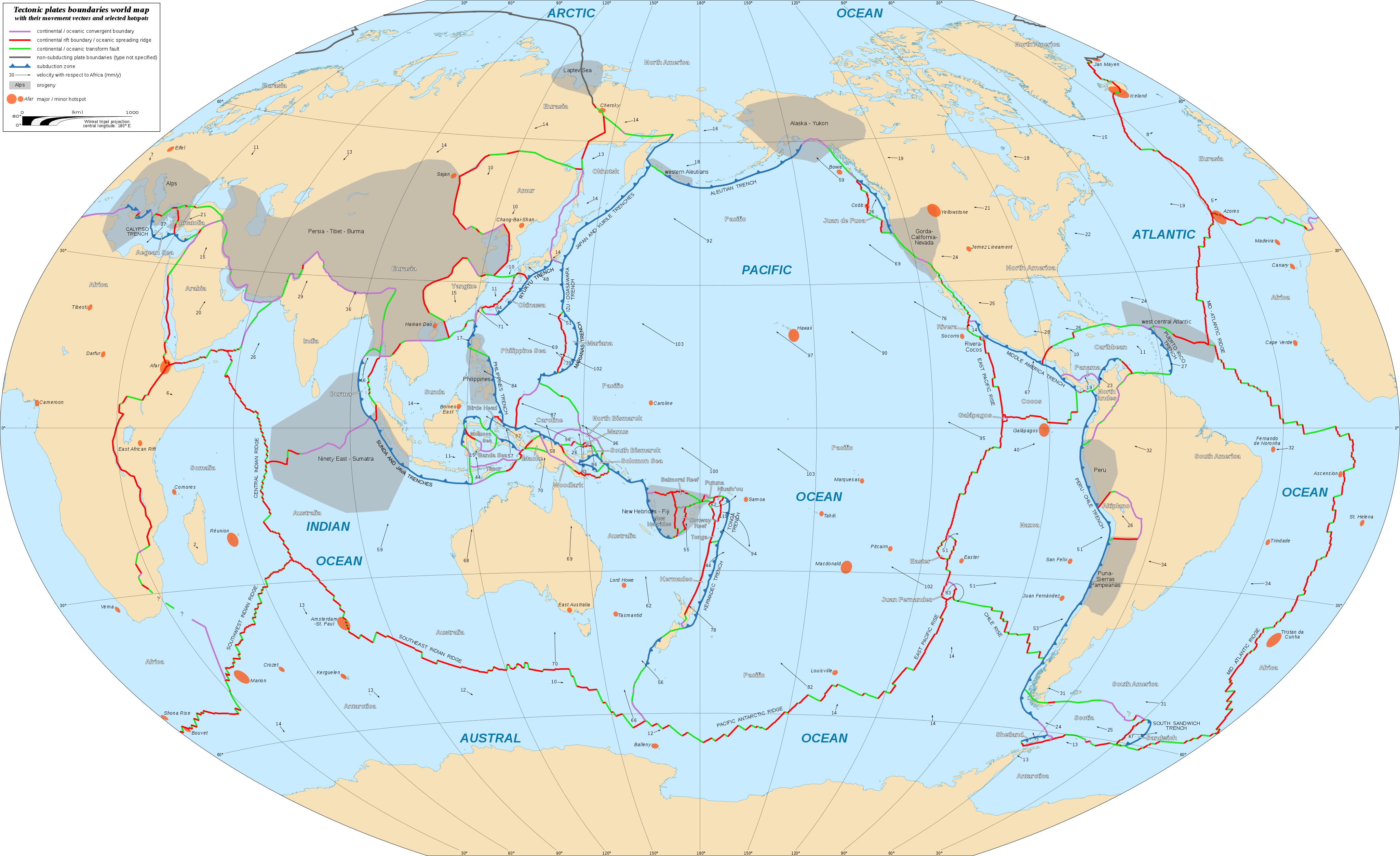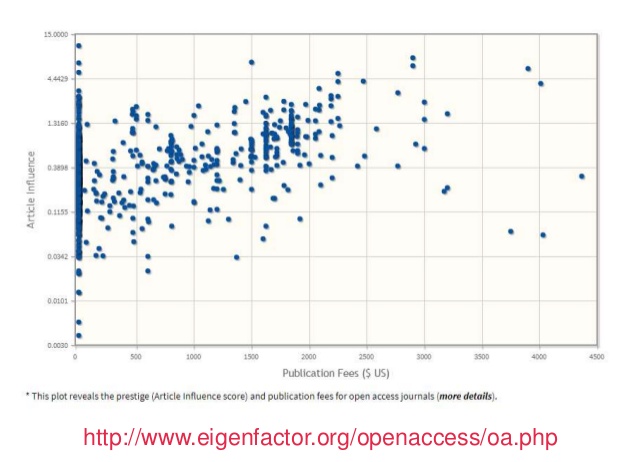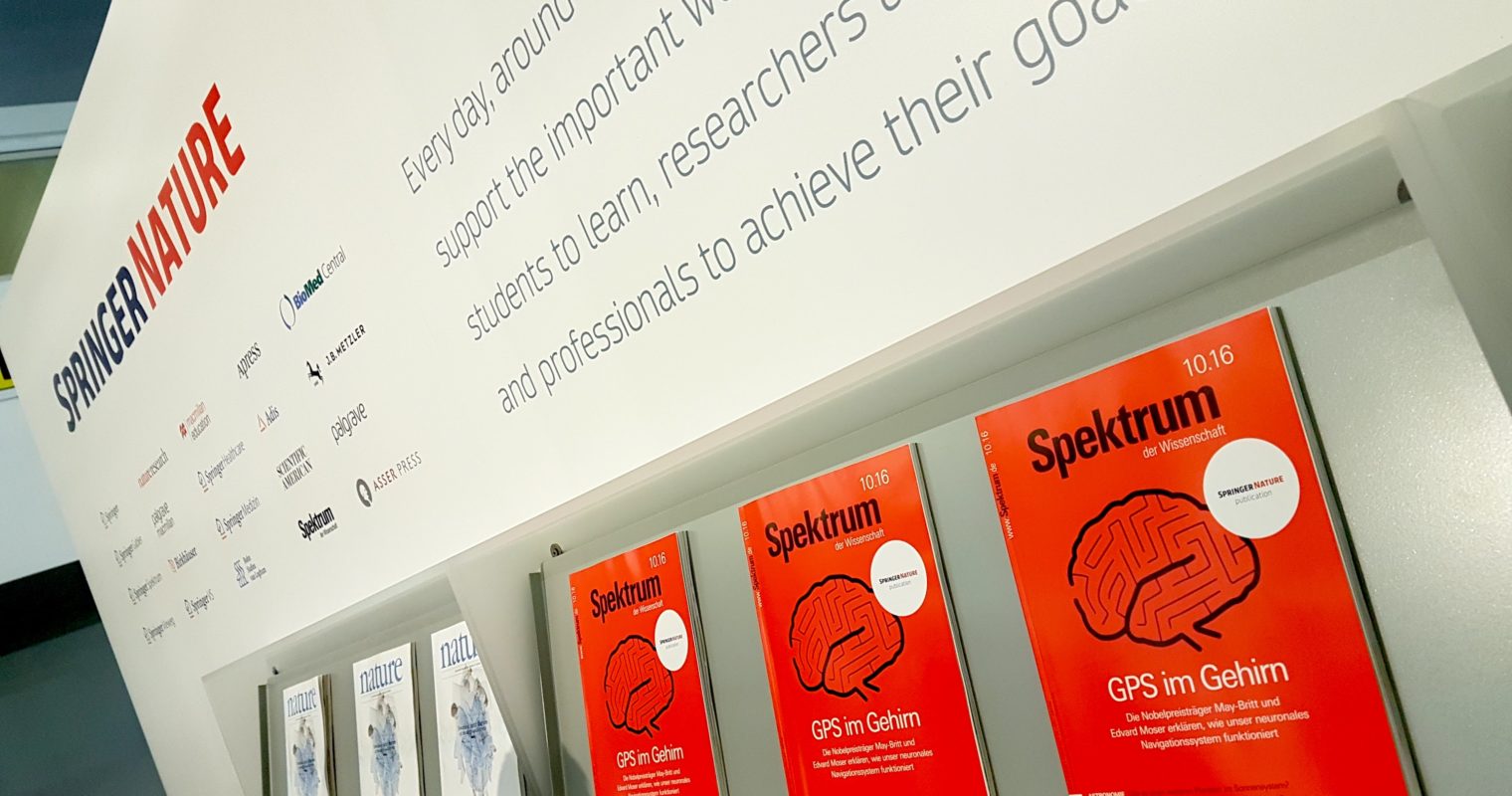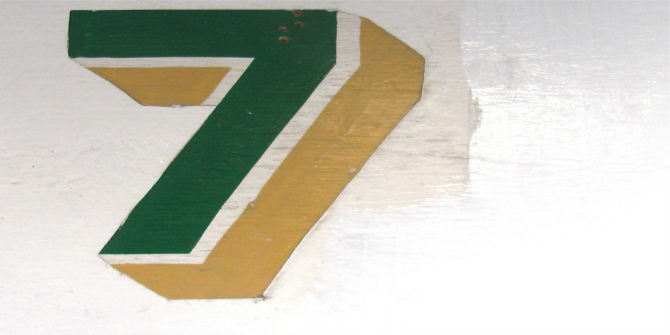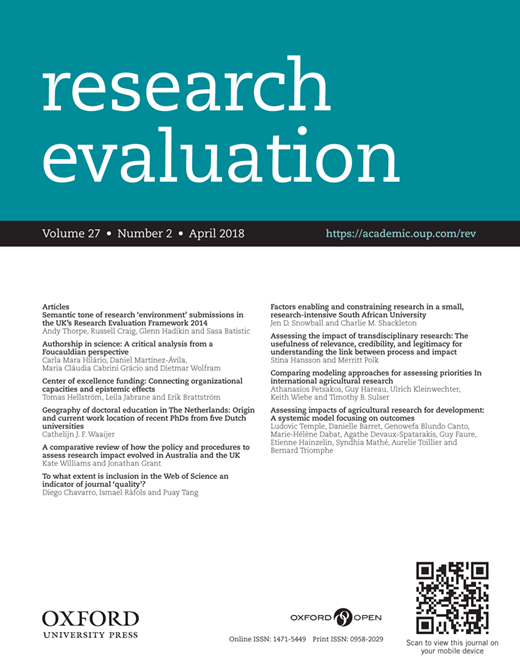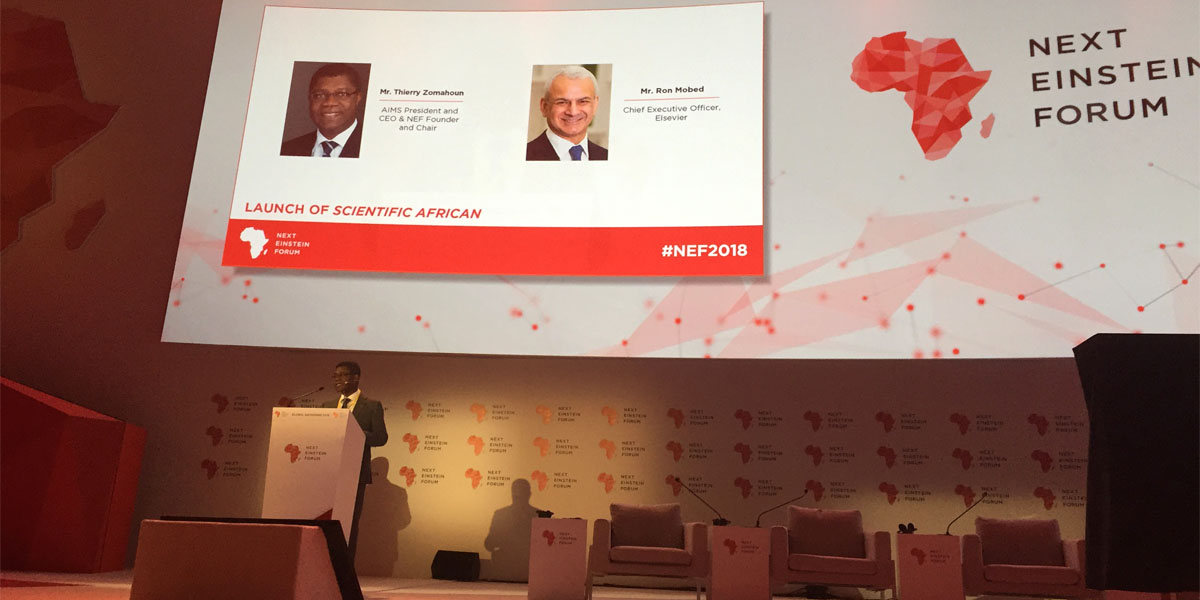Weak Demand Forces Springer Nature to Cancel 3.2 Billion Euro Float at Last Minute
Weak Demand Forces Springer Nature to Cancel 3.2 Billion Euro Float at Last Minute
Springer Nature, the publisher of science magazines Nature and Scientific American, cancelled its 3.2 billion euro (2.8 billion pound) stock market flotation planned for Wednesday on weak investor demand, dealing a heavy blow to Germany's vibrant IPO season.


